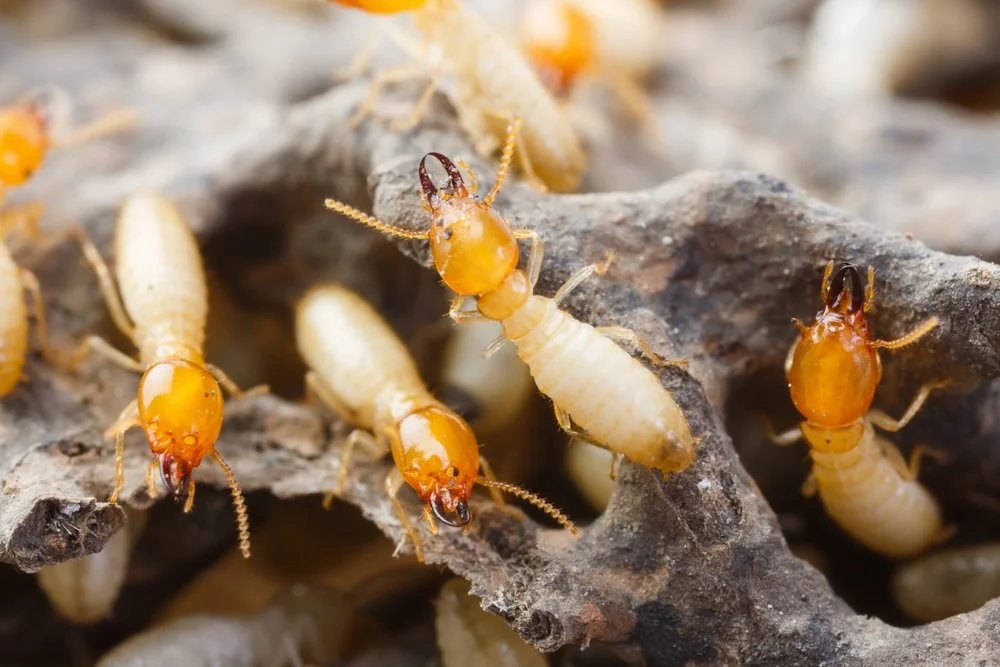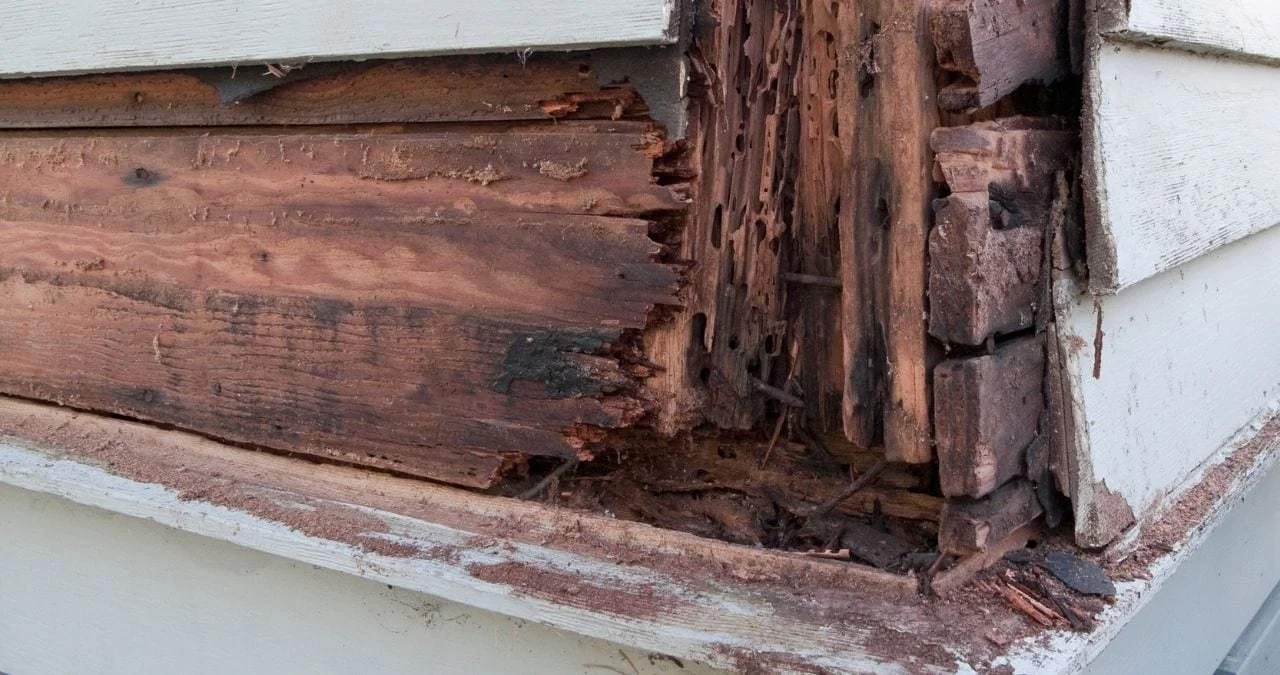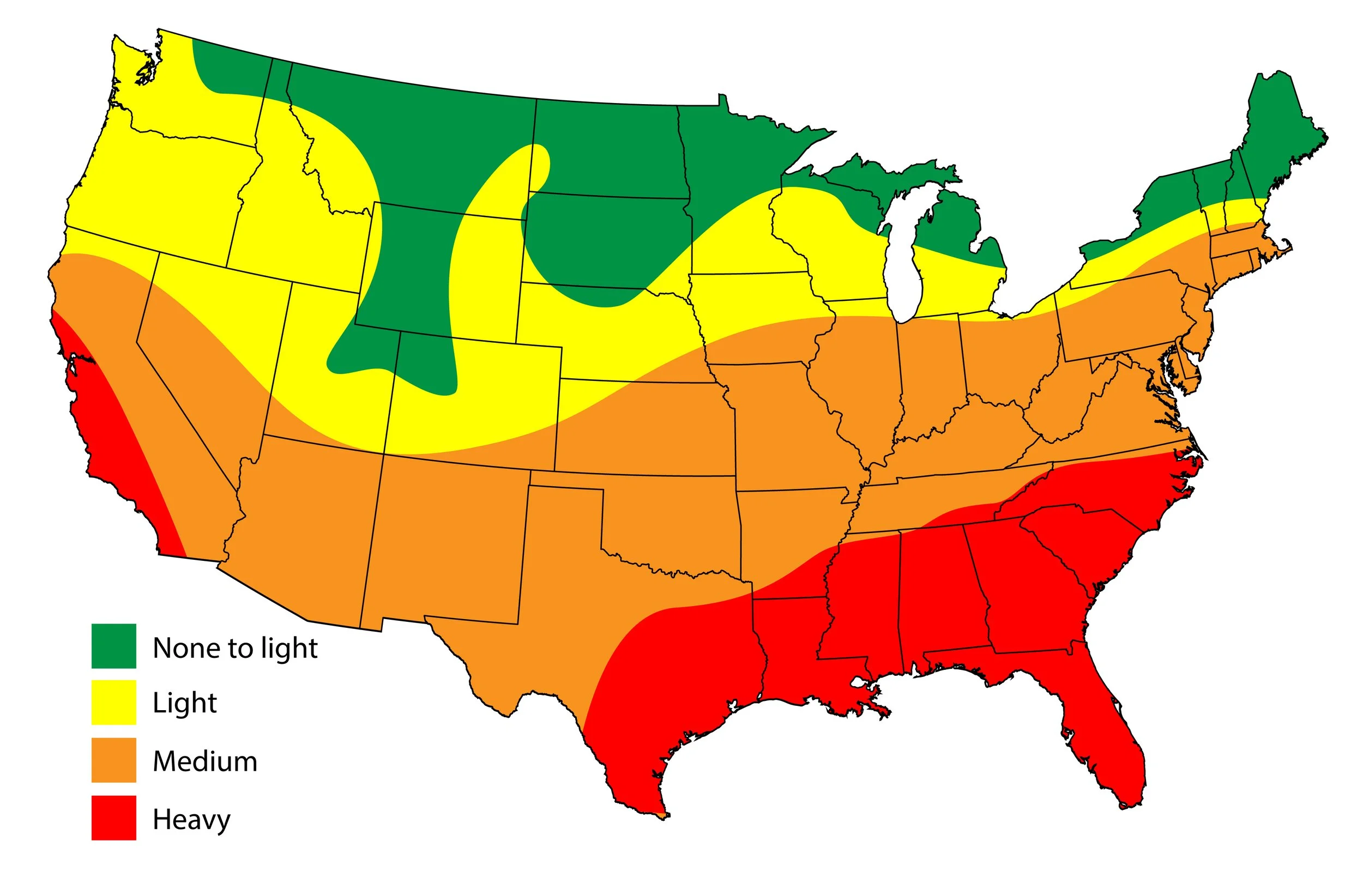
WOOD DESTROYING INSECT INSPECTION

Wood Destroying Insect (WDI) Inspection
We contract with a highly skilled team of experts to perform Wood Destroying Insect (WDI) Inspections in Charlotte, NC and surrounding areas. A Wood-Destroying Insect Report (WDIR) is available within hours, along with an action plan that saves time and energy.
A WDI Inspection documents signs of current or past infestation by wood-destroying insects and organisms, such as termites, powder post beetles, old house borers, carpenter ants, and carpenter bees. Apparent mold growth and water leaks, which can lead to mold growth, are also noted. These inspections are important because they can detect issues that may not be apparent during a standard home inspection and can help prevent costly damage.
Termites are a significant year-round threat in Charlotte, NC due to the region's warm and humid climate. While they are most active during the spring and summer, they can be a problem throughout the year. Early detection is crucial as they can cause extensive damage before being noticed.
While a termite inspection is not legally required for a real estate transaction, it is strongly recommended and often required by lenders. Many lenders, particularly for VA and FHA loans, will mandate an inspection and official report before approving financing. A termite inspection is a crucial part of due diligence for both buyers and sellers.
The Cost Of Inaction
The National Pest Management Association (NPMA) estimates that the U.S. spends over $5 billion annually on termite damage repair and prevention. This estimate is considered a conservative one, with some experts suggesting the actual damage could be much higher, potentially ten times greater.
North and South Carolina are in the heavy impact zone with regard to termite activity in the US. Many industry professionals recommend all homeowners in this area maintain a termite bond to protect their home.
What is a termite bond? A termite bond is a contract between a homeowner and a pest control company that provides protection against termite damage. It essentially acts as a warranty, ensuring that the company will address any termite infestations that occur during the term of the bond, and often includes regular inspections and preventative treatments.
Map of Termite Damage in the US
Helpful Resources
See below links for more information on termites and their effect on homes:
North Carolina Pest Management Association
How To Identify In-House Pests





